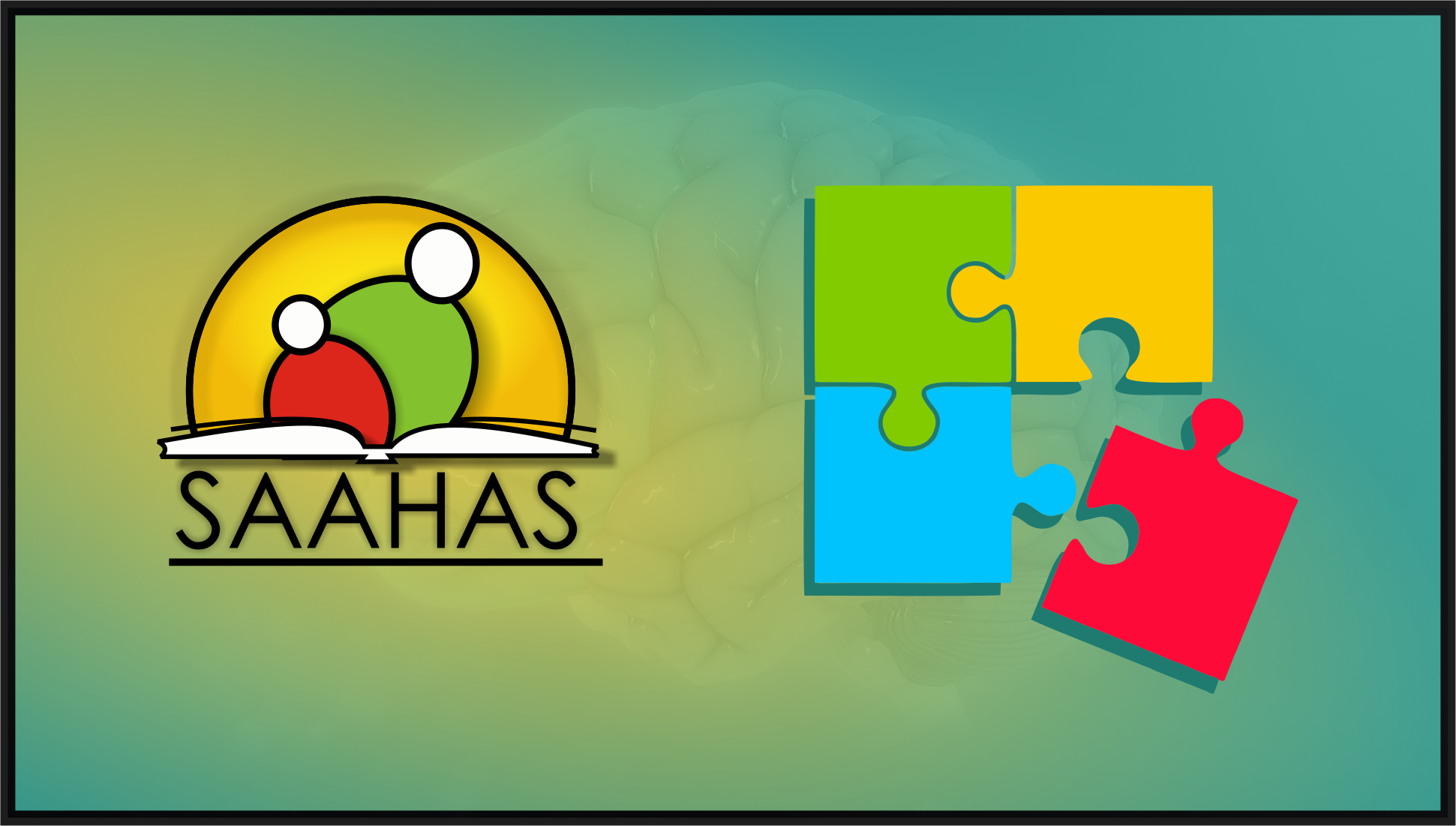Physical Disabilities are long term condition that affect temporarily or permanently a part of the body that impairs and limits the child’s physical functioning, mobility, stamina or dexterity.
Physical disabilities can be caused by either hereditary , congenital or acquired reasons.
The children with physical disabilities may have normal intelligence , but may experience academic difficulties that may include:
• Short attention span,
• Motor planning difficulties (organisation and sequencing of movement),
• Perceptual difficulties
• Language difficulties.
Cerebral Palsy
Cerebral palsy is a group of non progressive disorder that damages the brain before or during birth, caused by a reduced blood supply and lack of oxygen to the brain. A child with cerebral palsy may have difficulties with movement, balance and coordination.
Spina Bifida
Spina bifida is a developmental defect characterized by the incomplete development of the brain, spinal cord and /or meninges. This can result in total or partial impairment of sensory and motor functions in the lower part of the body. Additionally, the child may lose bowel and bladder control.
Muscular Dystrophy
Muscular dystrophy is a group of genetic disorders that lead to progressive and irreversible weakness and loss of muscle mass.
This weakness may cause difficulties with. walking, swallowing and muscle coordination.
Tourette Syndrome
Tourette syndrome is a neurological disorder which involves involuntary and repetitive vocalisations, sounds, and movements called tics. These tics are neurological not behavioural – which means a child with Tourette syndrome cannot control them.
Vocal tics
• Sniffing,
• Throat clearing,
• Tongue clicking,
• Grunting,
• Blurting out socially unacceptable words or phrases.
Motor tics
• Eye blinking,
• Shrugging,
• Nose twitching,
• Head jerking,
• Facial expressions,
• Touching objects or people,
• Spinning around,
• Imitating someone else’s actions,
• Jumping up and down .
Dwarfism
Children with dwarfism may experience a delay on developing motor skills, however, dwarfism does not have a link to any intellectual disability.

